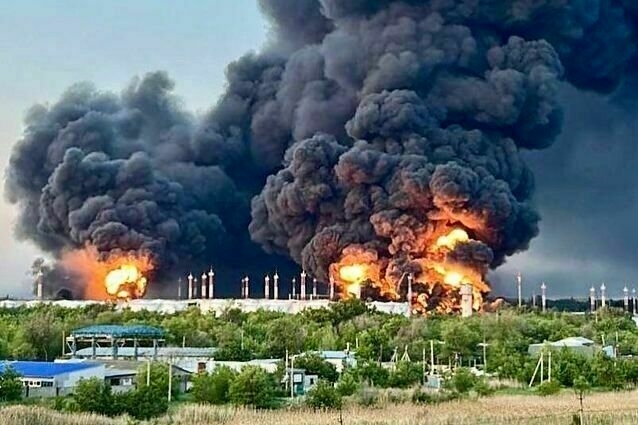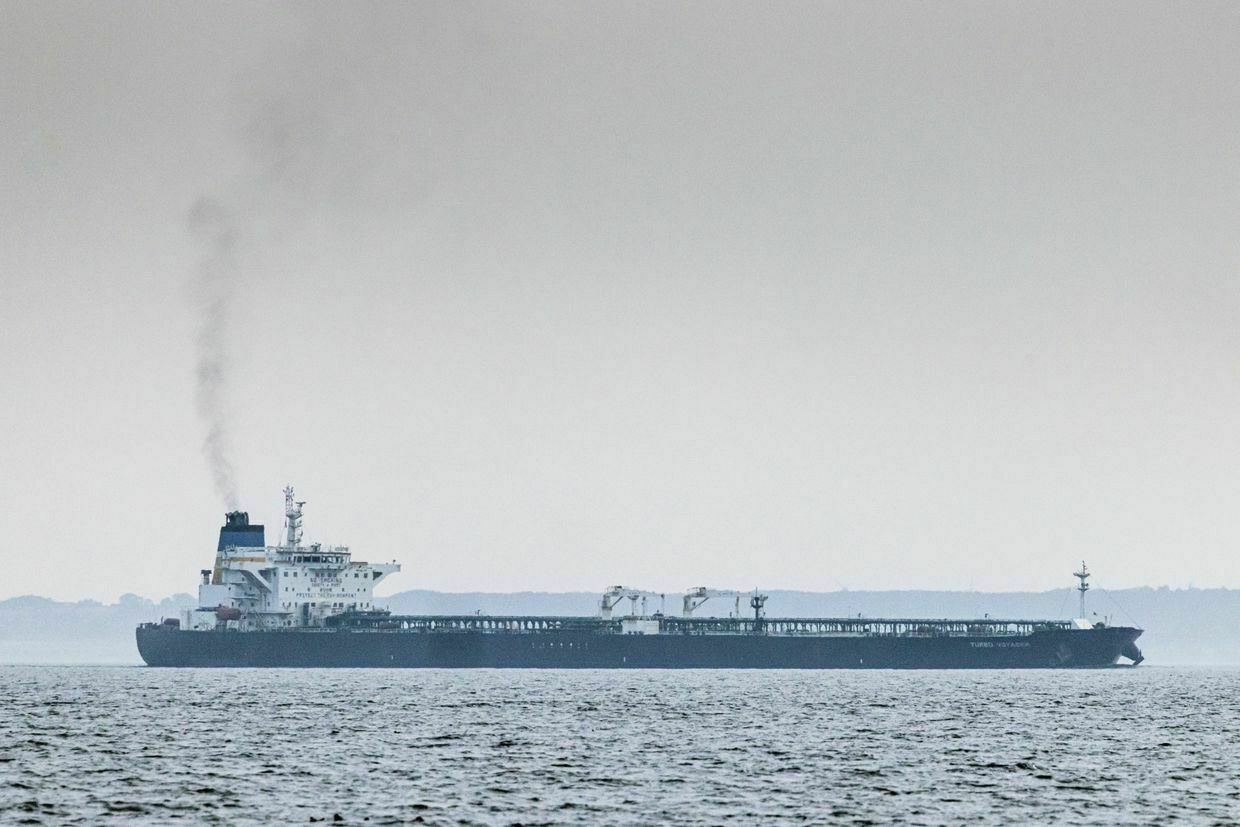
The Nevinnomyssk Azot chemical plant — one of Russia’s largest producers of nitrogen fertilizer and ammonia and a key supplier to the Kremlin’s military-industrial complex — has suspended production, Russian independent media outlet Astra reported on June 16.
According to Astra, the chemical plant suspended production as a direct result of Ukrainian drone strikes. The strike — which was confirmed by Ukraine’s General Staff on June 14 — targeted two major military-industrial facilities in Russia, including the Nevinnomyssk Azot plant in Stavropol Krai. The facility reportedly supplied raw materials and components for Russia’s weapons and fuel production.
Nevinnomyssk Azot is among Russia’s top producers of ammonia and nitrogen fertilizers and hosts the country’s only production lines for methyl acetate and high-purity acetic acid. It also operates Russia’s first melamine production facility, according to open-source data.
According to Andrii Kovalenko, head of Ukraine’s Center for Countering Disinformation at the National Security and Defense Council, the plant produces up to one million tons of ammonia and over one million tons of ammonium nitrate annually, is “a critical element of Russia’s military-industrial complex."
Kovalenko noted that ammonium nitrate is a key component for explosives and artillery shells. He added that the plant also synthesizes dual-use chemicals such as melamine, acetic acid, methanol, and potassium nitrate — all frequently used in the production of grenade launchers, mines, and rocket charges.
Since 2024, the plant has also been producing water-soluble fertilizers, which he said have been adapted to serve military chemical needs as part of Russia’s war in Ukraine.
The chemical plant is part of the EuroChem Group, owned by Russian billionaire Andrey Melnichenko, who is currently sanctioned by Canada, the European Union, Japan, and the United Kingdom.
 The Kyiv IndependentTim Zadorozhnyy
The Kyiv IndependentTim Zadorozhnyy
